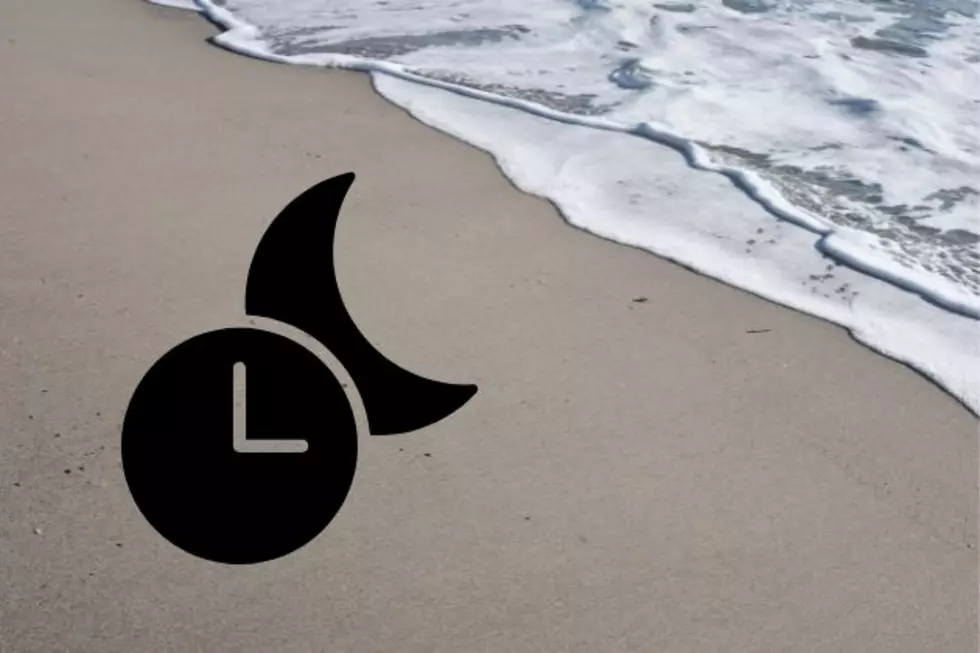
Activists: Airstrikes hit jihadi targets in Syria
MURSITPINAR, Turkey (AP) -- The U.S.-led coalition has launched several airstrikes on positions of Islamic State group militants in northern and eastern Syria, most on the town of Kobani near Turkey where Kurdish fighters captured a strategic hill and brought down the jihadis' black flag, activists and a Kurdish official said Tuesday.
The battle for Kobani is still raging despite more than two weeks of airstrikes by the U.S.-led coalition targeting the militants in and around the town. The strikes, which are aimed at rolling back the militants' gains, appear to have done little to blunt their onslaught on Kobani, which began in mid-September.
"Over the past night there has been very intense airstrikes by the coalition that targeted several Daesh positions in and near Kobani," said Idriss Nassan, deputy head of Kobani's foreign relations committee, using an Arabic acronym to refer to the Islamic State group.
One of the airstrikes targeted the Tel Shair hill that overlooks parts of Kobani, Nassan said, and Kurdish fighters later captured the hill and brought down the black flag of the Islamic State group. Its fighters control more than a third of the predominantly Kurdish town.
An Associated Press journalist on the Turkish side of the border confirmed that the Islamic State flag was not flying Tuesday afternoon on the hill.
The Britain-based Syrian Observatory for Human Rights, which has a network of activists around Syria, said there were at least five airstrikes since Monday night that targeted Islamic State positions.
The fighting also has forced more than 200,000 people to flee across the border into Turkey, and killed more than 500, mostly fighters from both sides.
Meanwhile, the U.N. refugee agency, UNHCR, said an increasing number of Syrian Kurds from Kobani are seeking shelter in the northern Iraqi province of Dohuk after crossing the border from Turkey. It said that on Friday, Kurdish authorities in Iraq opened the Ibrahim Khalil border, near the Iraqi town of Zakho, easing the journey for the steady stream of people who last week had to pay smugglers $250 each to cross.
UNHCR said some 5,400 Syrians from Kobani have now entered Iraq, including 3,600 people in the last three days. Another 10,000 to 15,000 people are expected to cross in the coming days, it said.
Also in Iraq, Syrian Kurdish leader Saleh Muslim Mohammed, who heads the Democratic Union Party, or PYD, arrived in the Kurdish region to meet with local officials, said party spokesman Nawaf Khalil. He said Mohammed will be mostly talking to Iraqi Kurdish officials about Kobani.
As for Syria, the Observatory and the Local Coordination Committees, a group of Syrian activists, say some of the airstrikes targeted the eastern town of Mayadeen in the oil-rich Deir el-Zour province. The Observatory said the airstrikes hit oil refineries near Mayadeen, sparking a huge fire.
The airstrikes by the U.S. and coalition forces began on Sept. 23 and have been targeting small refineries that have been providing millions of dollars a day in income to the Islamic State group.
(© 2014 The Associated Press. All rights reserved. This material may not be published, broadcast, rewritten or redistributed)
More From New Jersey 101.5 FM









